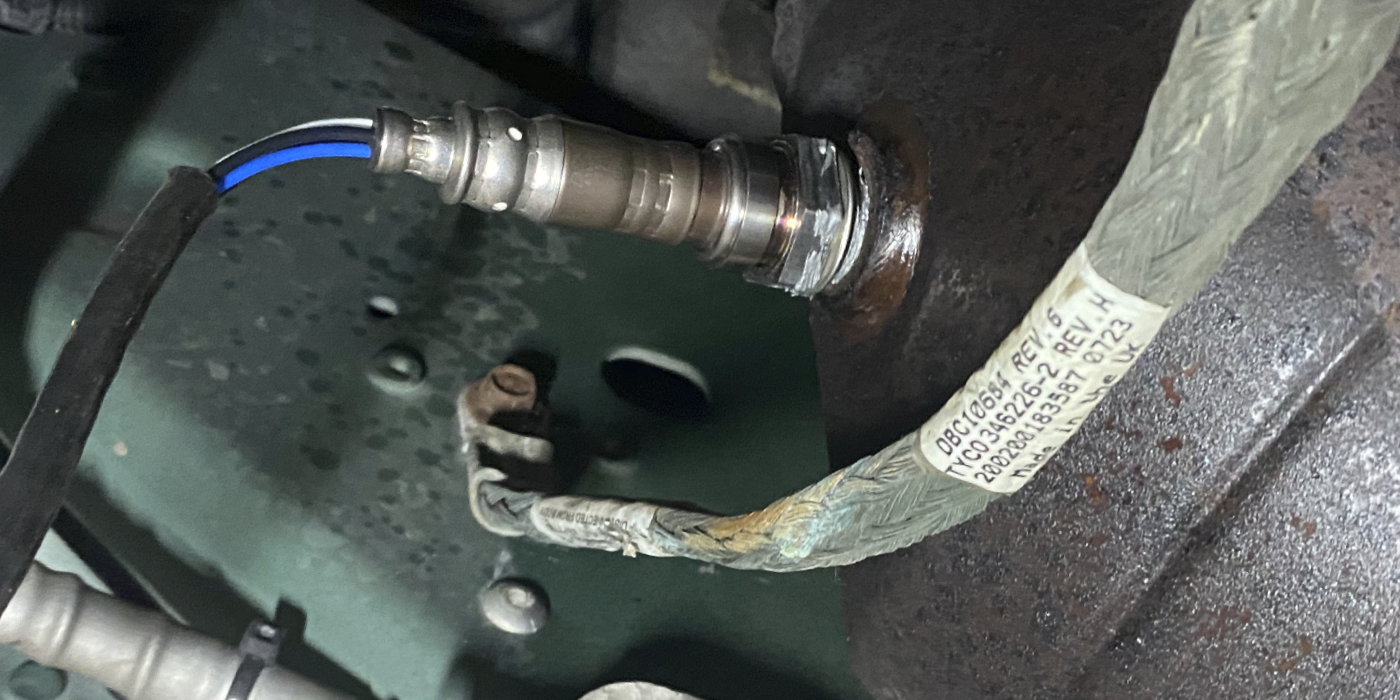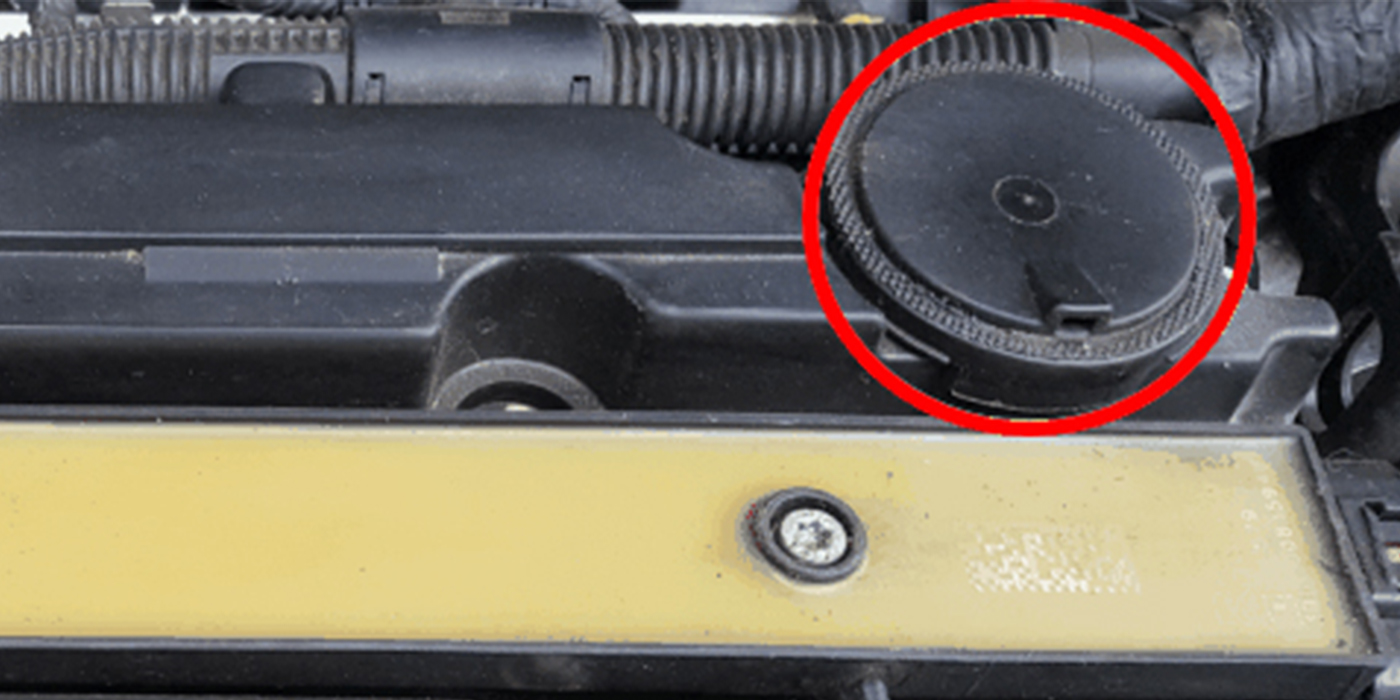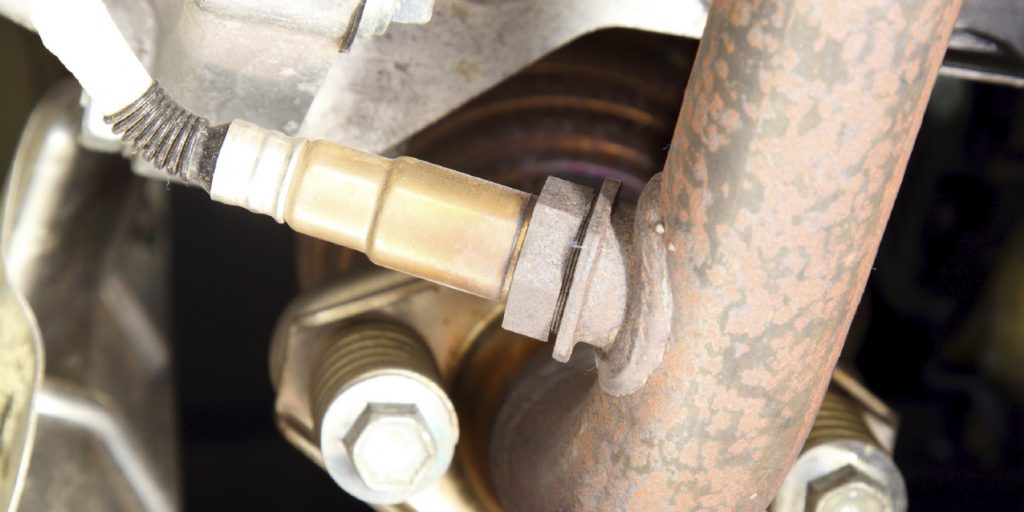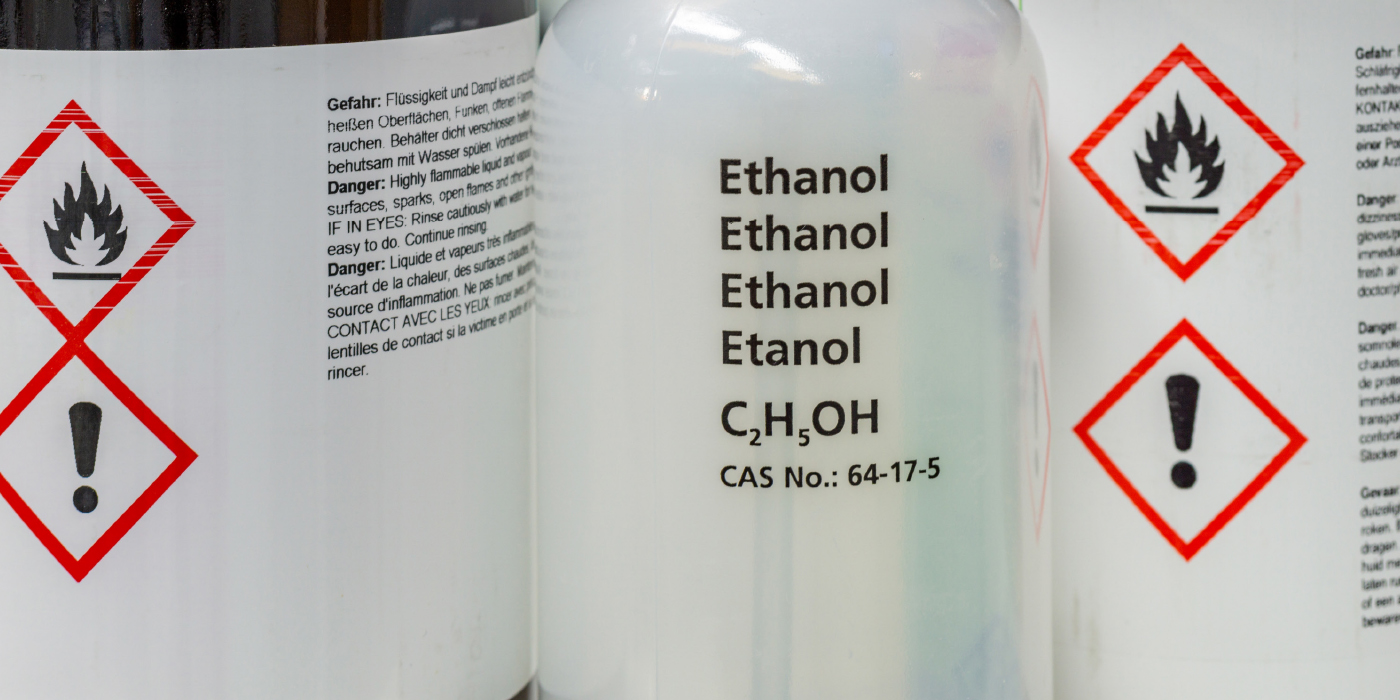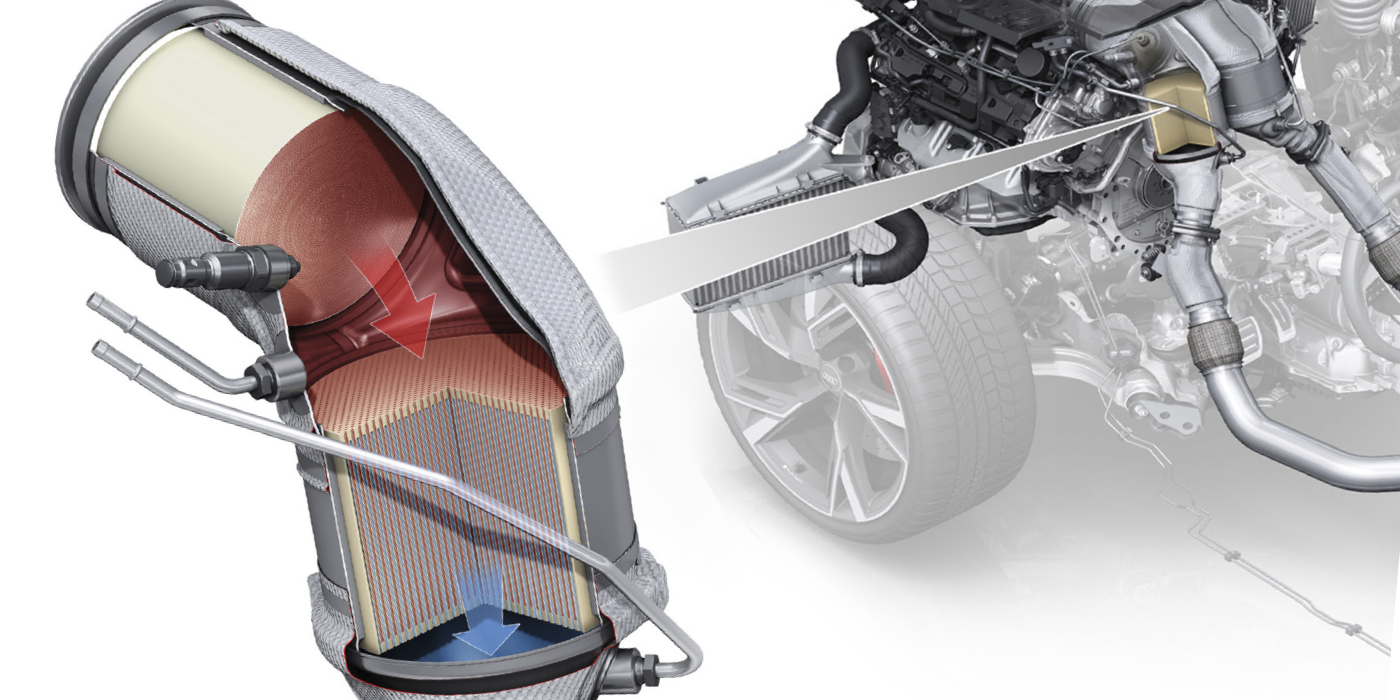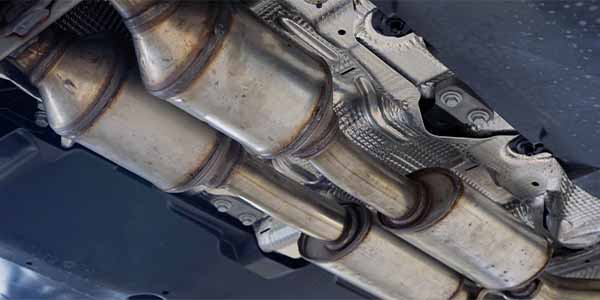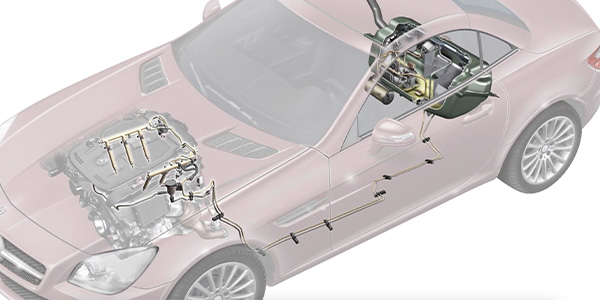Catalytic converter thieves can make up to $1,000 a night. To combat this, a newly formed scrap metal task force in Washington County, Oregon, is arresting catalytic converter thieves when they attempt to sell their stolen converters to area recyclers.
Below is the article as it appeared on the OregonLive.com website.
Scrap metal thieves in Washington County being snared by new task force
By Lisa Lednicer, The Oregonian
April 24, 2010, 6:00AM
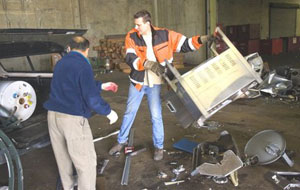 A task force formed in January to combat metal theft in Washington County has nabbed its first two suspects.
A task force formed in January to combat metal theft in Washington County has nabbed its first two suspects.
Keith Roderick Crocker, 38, and Hugh Robert Edwards, 43, both of Beaverton, were arrested last month in connection with the theft of several catalytic converters from area vehicles. Beaverton police said the two sold the converters to a man doing business as "Cat man and Son," buying and selling catalytic converters. They got $120 for each converter, detectives said.
Crocker, who has a previous robbery conviction, pleaded guilty on Monday to one count of first-degree theft and one count of second-degree theft. He was sentenced to 18 months formal probation and 50 hours of community service. Edwards was charged with first-degree theft and has a court date later this month.
Before January, such thefts might have gone unsolved. Law enforcement agencies don’t break down thefts by category and didn’t share information about metal theft with their counterparts in other cities.
But the county’s metal theft task force now tracks stolen metal, so when a theft occurs in Beaverton, for example, police in Hillsboro are immediately notified via daily e-mails. The recyclers who accept the metal also are alerted.
Recyclers, in turn, must wait three days before paying customers – and payment is required to be in the form of a check mailed to the customer’s street address, not a post office box. That 72-hour period allows police time to question the people who’ve tried to recycle stolen items.
Far West Fibers in Beaverton, which bills itself as the largest recycler in Oregon, has set up an elaborate computer system to monitor all metal that customers wish to sell. The company takes a picture of the customer’s driver’s license and the material the customer wants to sell, then enters both into a database.
Recycling metals is good business, said Far West operations supervisor Jeff Steinfeld. Aluminum goes for 55 cents per pound, brass for $1.85 per pound and copper for $3 per pound. So a couple of metal radiators, for instance, could bring in $364, Steinfeld said. That’s not bad for a couple hours of Dumpster-diving or sneaking into the back of a business and carting away old metal without permission.
Steinfeld said the task force is necessary because when Far West used to get items that appeared stolen, a month or so would pass before police were notified and came to investigate. Far West is a member of the task force.
"Every time somebody steals metal and brings it to a legitimate shop, it makes the entire industry look bad," Steinfeld said. "Then, people look down on the recycling industry."
Metal theft, especially theft of catalytic converters, is tricky to solve because the car part doesn’t have a serial number, said Detective Sgt. Tim Lowman of the Beaverton Police Department. Catalytic converters resemble hot water bottles in shape and prevent the buildup of poisonous fumes in cars. They contain precious metals, so the more expensive the car, the more valuable the catalytic converters. Those found in Land Rovers or Mercedes-Benzes can go for up to $250. Even a cheap one can net $120 – enough to buy 1/16 of an ounce of cocaine or meth, Lowman said.
A fast, efficient thief can make up to $1,000 a night, Steinfeld said. Replacing a catalytic converter can cost more than $500.
Now that the task force is up and running, some local police departments are beginning to track catalytic converter thefts. More than 30 have been stolen in Beaverton since January, Lowman said. He believes the work of the task force will start to have a noticeable effect in the next few months.
North Plains Police Chief Scott Whitehead said his city has only seen one instance of metal theft, from the side of an auto body repair shop, since the beginning of the year. Thieves are attracted to metal in old irrigation pipes and other farm equipment common in rural areas of Washington County, as well as the huge spools of copper wire that Qwest once stored in an outside work space.
Whitehead said he likes getting daily updates on metal theft around the county.
"The nice thing is now we know what’s being taken. By them sending this information now when it happens, it keeps it going in your mind so you don’t forget about it," Whitehead said. "I think it’s a great program and I wish it had started years ago."
To read this article on the OregonLive.com website, visit http://www.oregonlive.com/washingtoncounty/index.ssf/2010/04/scrap_metal_thieves_in_washing.html.

